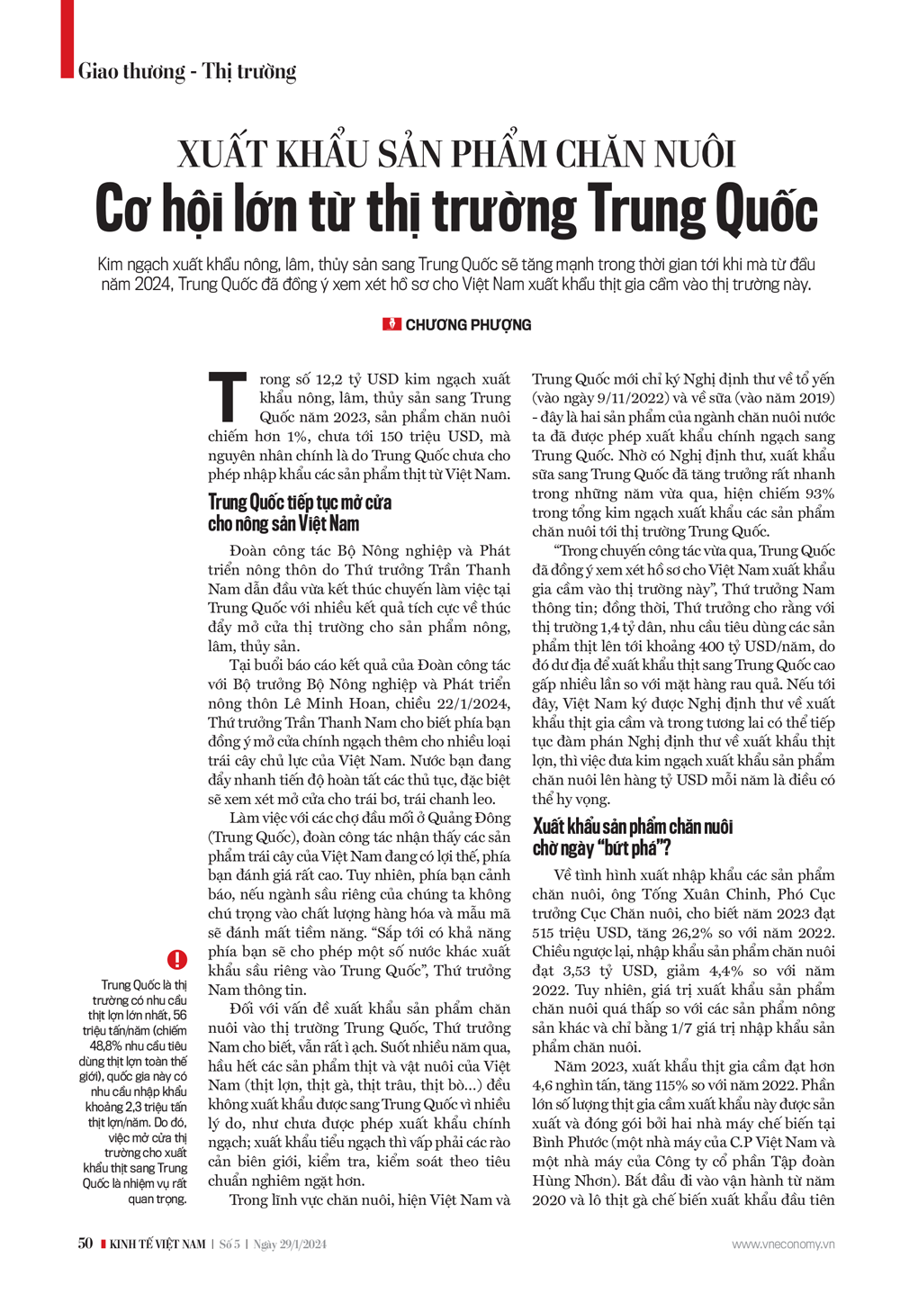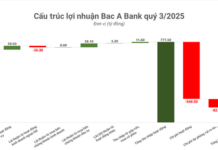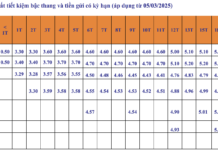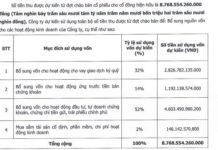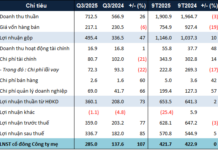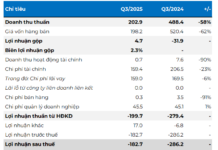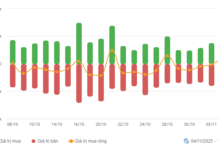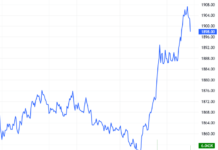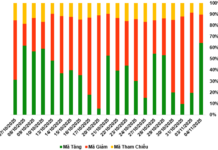Out of the $12.2 billion in agricultural, forestry, and aquatic exports to China in 2023, livestock products accounted for barely 1%, less than $150 million. The main reason is that China has not allowed the importation of meat products from Vietnam.
CHINA CONTINUES TO OPEN DOORS TO VIETNAMESE AGRICULTURAL PRODUCTS
Deputy Minister Tran Thanh Nam recently led a working delegation from the Ministry of Agriculture and Rural Development to China, where they achieved positive results in promoting the opening of the market for agricultural, forestry, and aquatic products.
In the report presented by the delegation to Minister Le Minh Hoan on the afternoon of January 22, 2024, Deputy Minister Tran Thanh Nam said our counterparts agreed to open the market further for many of Vietnam’s key fruit products. They are speeding up the completion of procedures, especially for the consideration of allowing the importation of avocados and passion fruits.
Working with wholesale markets in Guangdong, China, the delegation found that Vietnam’s fruit products have a competitive advantage and are highly regarded by our counterparts. However, they warn that if our durian industry does not focus on the quality and design of products, we will lose our potential. “There is a possibility that our counterparts will allow other countries to export durian to China,” Deputy Minister Nam said.
“If Vietnam can sign an Export Health Certificate for poultry and negotiate a similar certificate in the future for pork, then the potential for livestock exports to reach billions of USD annually is hopeful,”.
Deputy Minister Tran Thanh Nam of the Ministry of Agriculture and Rural Development.
Regarding the export of livestock products to the Chinese market, Deputy Minister Nam said it is still very slow. For many years, most of Vietnam’s meat and animal products (pork, chicken, buffalo, beef, etc.) have not been able to be exported to China due to various reasons. They have not been allowed official exportation, and small-scale exports have faced many border barriers, inspections, and strict controls.
In the livestock sector, Vietnam and China have so far only signed Export Health Certificates for edible bird’s nests (on November 9, 2022) and milk (in 2019). These are two of the livestock products that our country has been allowed to export officially to China. Thanks to the health certificates, milk exports to China have grown rapidly in recent years, accounting for 93% of the total value of livestock product exports to the Chinese market.
“During the recent working trip, China agreed to consider accepting Vietnam’s poultry exports,” Deputy Minister Nam said. Moreover, he believes that with a market of 1.4 billion people and a demand for meat products totaling about $400 billion a year, there is much more potential for exporting meat to China compared to fruits and vegetables.
If Vietnam can sign an Export Health Certificate for poultry and negotiate a similar certificate for pork in the future, the potential for livestock product exports to reach billions of dollars annually is hopeful.
LIVESTOCK PRODUCT EXPORTS AWAIT A “BREAKTHROUGH” DAY
Regarding the import and export of livestock products, Tong Xuan Chinh, Deputy Head of the Livestock Department, said that in 2023, exports reached $515 million, up 26.2% compared to 2022. In contrast, imports of livestock products reached $3.53 billion, down 4.4% compared to 2022.
In 2023, poultry meat exports reached over 4,600 tons, an increase of 115% compared to 2022. The majority of these exports were produced and packaged by two processing plants in Binh Phuoc province (one plant by CP Vietnam and another by the HUNG NHON Group Joint Stock Company).
“The value of livestock product exports is still much lower than that of other agricultural products and only accounts for 1/7 of the value of livestock product imports,”
Tong Xuan Chinh, Deputy Head of the Livestock Department.
Since its launch in 2020 and the first export of processed chicken meat to Japan in 2022, CPV Food Binh Phuoc Integrated Plant has quickly become the largest chicken meat exporter in Vietnam and the largest exporter of chicken meat to Japan.
For poultry eggs, Vietnam exported over 34 million eggs in 2023, an increase of over 3.1 times compared to 2022. In May 2023, Vietnam exported its first batch of liquid eggs (peeled and pasteurized eggs) to South Korea. On July 31, 2023, after a 4-year ban, Vietnam’s poultry eggs and egg products were once again exported to the Hong Kong market, which immediately accounted for about 70% of Vietnam’s egg exports. On November 2, 2023, Vietnam reached an agreement and officially negotiated the export of poultry meat and egg products to Mongolia.
According to the Livestock Department, pork exports in 2023 are estimated to reach nearly $63.3 million (equivalent to 12.3 thousand tons), an increase of 28% compared to 2022. Fresh, chilled, or frozen pork from Vietnam is being exported to the Papua New Guinea, Laos, and Malaysia markets.
In 2023, fresh milk exports increased 1.7 times compared to 2022, reaching $204 million. Especially, milk exports to the Chinese market increased from $48 million in 2022 to $123 million in 2023.
Regarding edible bird’s nests, on November 16, 2023, Vietnam’s first batch of processed bird’s nest products was officially exported to China. To date, at least 7 companies have exported more than 700kg of processed bird’s nests to this market…
This article was published in the Vietnam Economic Magazine issue 05-2024, released on January 29, 2024. Read more at here:
https://postenp.phaha.vn/chi-tiet-toa-soan/tap-chi-kinh-te-viet-nam
